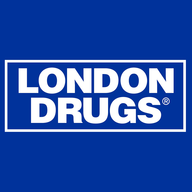
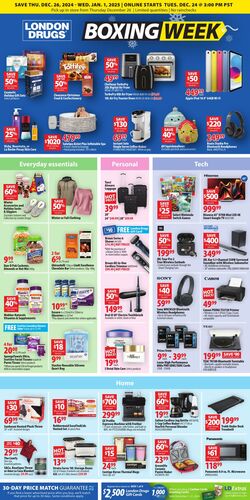
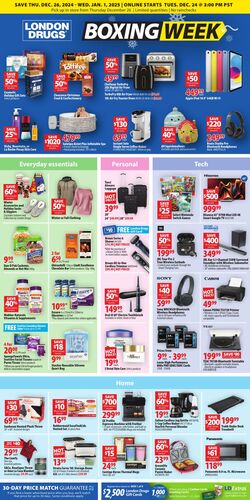
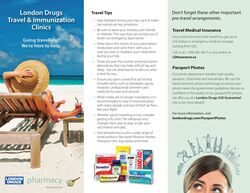
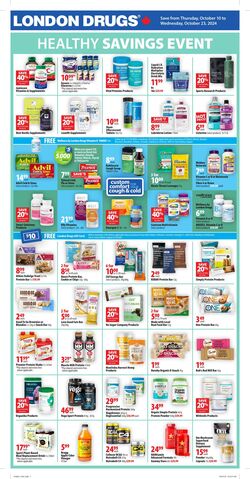
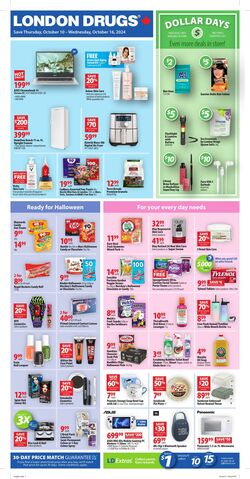

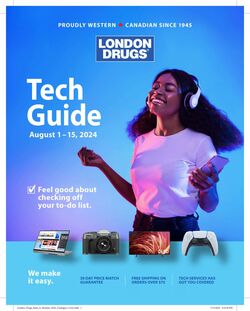
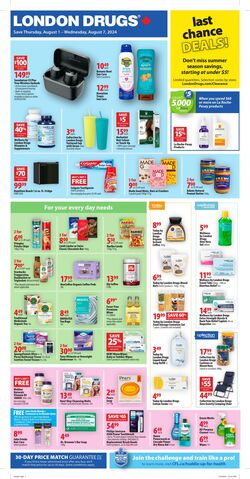
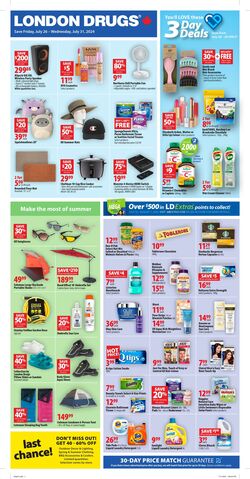
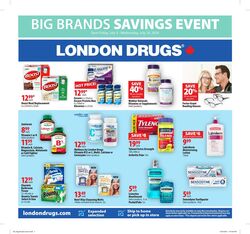
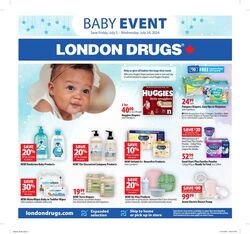
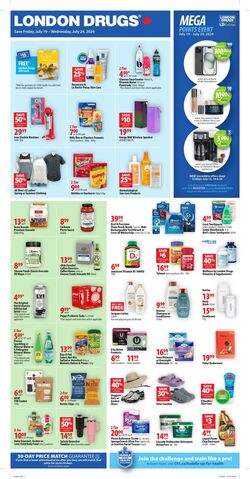
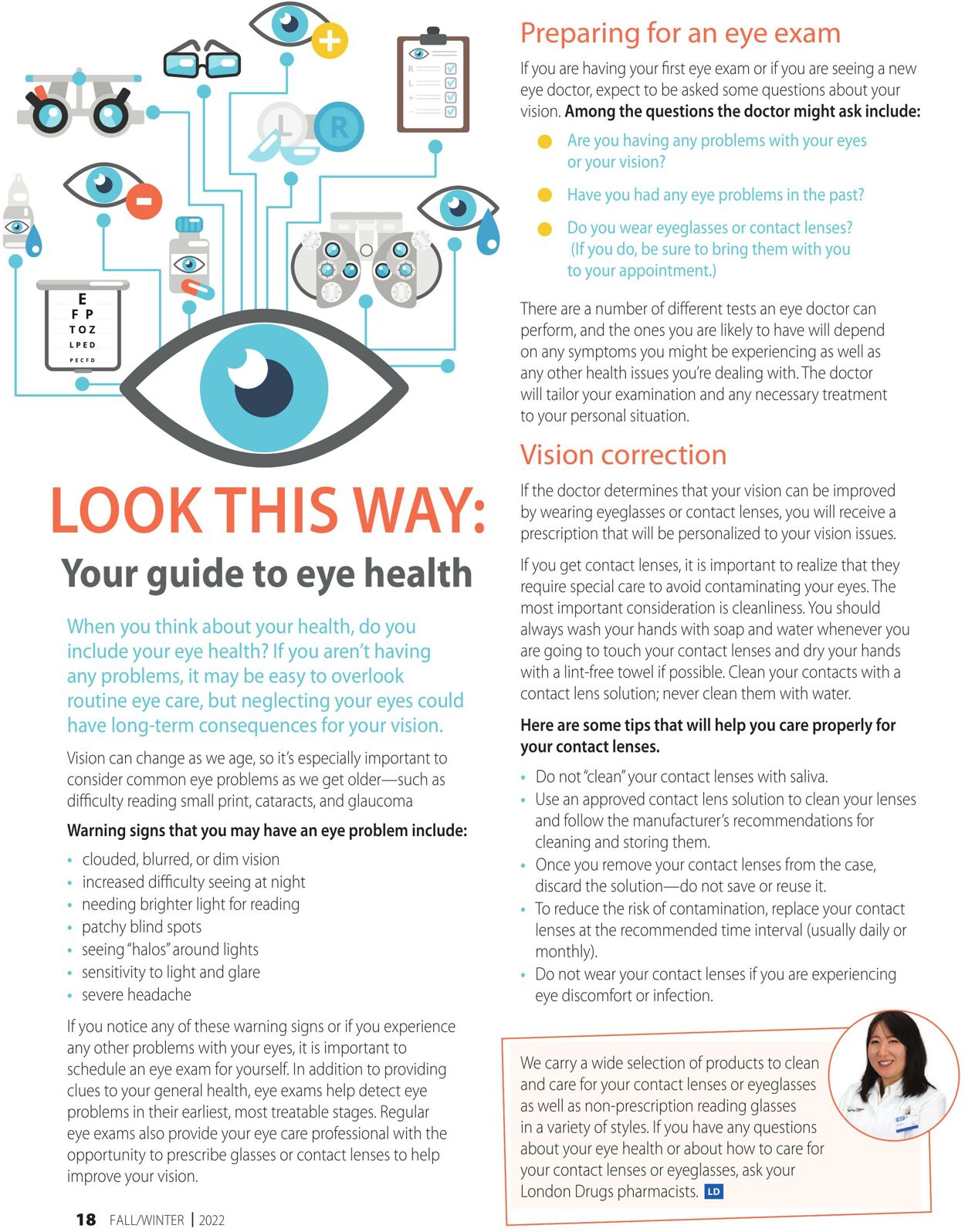
Les produits de cette circulaire
LOOK THIS WAY: Your guide to eye health When you think about your health, do you include your eye health? If you aren't having any problems, it may be easy to overlook routine eye care, but neglecting your eyes could have long-term consequences for your vision. Vision can change as we age, so it's especially important to consider common eye problems as we get older—such as difficulty reading small print, cataracts, and glaucoma Warning signs that you may have an eye problem include: clouded, blurred, or dim vision increased difficulty seeing at night needing brighter light for reading patchy blind spots seeing"halos’around lights sensitivity to light and glare severe headache If you notice any of these warning signs or if you experience any other problems with your eyes, it is important to schedule an eye exam for yourself. In addition to providing clues to your general health, eye exams help detect eye problems in their earliest, most treatable stages. Regular eye exams also provide your eye care professional with the opportunity to prescribe glasses or contact lenses to help improve your vision. 18 FALLAWINTER | 2022 Preparing for an eye exam If you are having your first eye exam or if you are seeing a new eye doctor, expect to be asked some questions about your vision. Among the questions the doctor might ask include: @ Are you having any problems with your eyes or your vision? @ Have you had any eye problems in the past? @ Do you wear eyeglasses or contact lenses? (If you do, be sure to bring them with you to your appointment.) There are a number of different tests an eye doctor can perform, and the ones you are likely to have will depend on any symptoms you might be experiencing as well as any other health issues you're dealing with. The doctor Will tailor your examination and any necessary treatment to your personal situation. Vision correction fthe doctor determines that your vision can be improved by wearing eyeglasses or contact lenses, you will receive a prescription that will be personalized to your vision issues. If you get contact lenses, it is important to realize that they require special care to avoid contaminating your eyes. The most important consideration is cleanliness. You should always wash your hands with soap and water whenever you are going to touch your contact lenses and dry your hands With a lint-free towel if possible. Clean your contacts with a contact lens solution; never clean them with water. Here are some tips that will help you care properly for your contact lenses. Do not'clean” your contact lenses with saliva. Use an approved contact lens solution to clean your lenses and follow the manufacturer's recommendations for cleaning and storing them. Once you remove your contact lenses from the case, discard the solution—do not save or reuse it. To reduce the risk of contamination, replace your contact lenses at the recommended time interval (usually daily or monthly). Do not wear your contact lenses if you are experiencing eye discomfort or infection. We carry a wide selection of products to clean and care for your contact lenses or eyeglasses as well as non-prescription reading glasses in a variety of styles. If you have any questions about your eye health or about how to care for your contact lenses or eyeglasses, ask your London Drugs pharmacists.
| Nom | Détails |
|---|